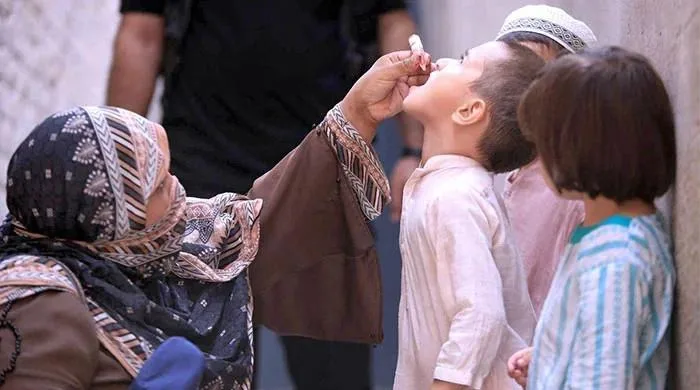Polio Vaccination Refusals Rise in Karachi
Health officials are expressing concern over a recent increase in polio vaccine refusals in Karachi. According to the Emergency Operations Center, the number of parents declining the vaccine for their children has significantly increased in May.
Key Concerns
- A concerning number of parents are refusing the polio vaccine.
- This trend poses a threat to polio eradication efforts.
- Health officials are working to address the reasons behind the refusals.
Reasons Behind Vaccine Refusals
While specific reasons for the increased refusals were not detailed, common factors often include misinformation, mistrust of healthcare providers, and religious or cultural beliefs. Addressing these underlying issues is crucial for overcoming vaccine hesitancy.
Impact on Polio Eradication
Polio eradication efforts rely on widespread vaccination to protect children and prevent the spread of the virus. Increased refusals can hinder these efforts and put more children at risk of contracting this debilitating disease.
Public Health Response
Health authorities are likely implementing strategies to counter the rise in refusals, which may include:
- Community outreach programs to educate parents about the safety and importance of the polio vaccine.
- Working with religious and community leaders to promote vaccination.
- Addressing misinformation and concerns through reliable sources and open dialogue.
Final Words
The rise in polio vaccine refusals in Karachi is a serious public health challenge that requires immediate attention. By addressing the root causes of vaccine hesitancy and implementing effective communication strategies, health officials can work to protect children and ensure the success of polio eradication efforts.



+ There are no comments
Add yours